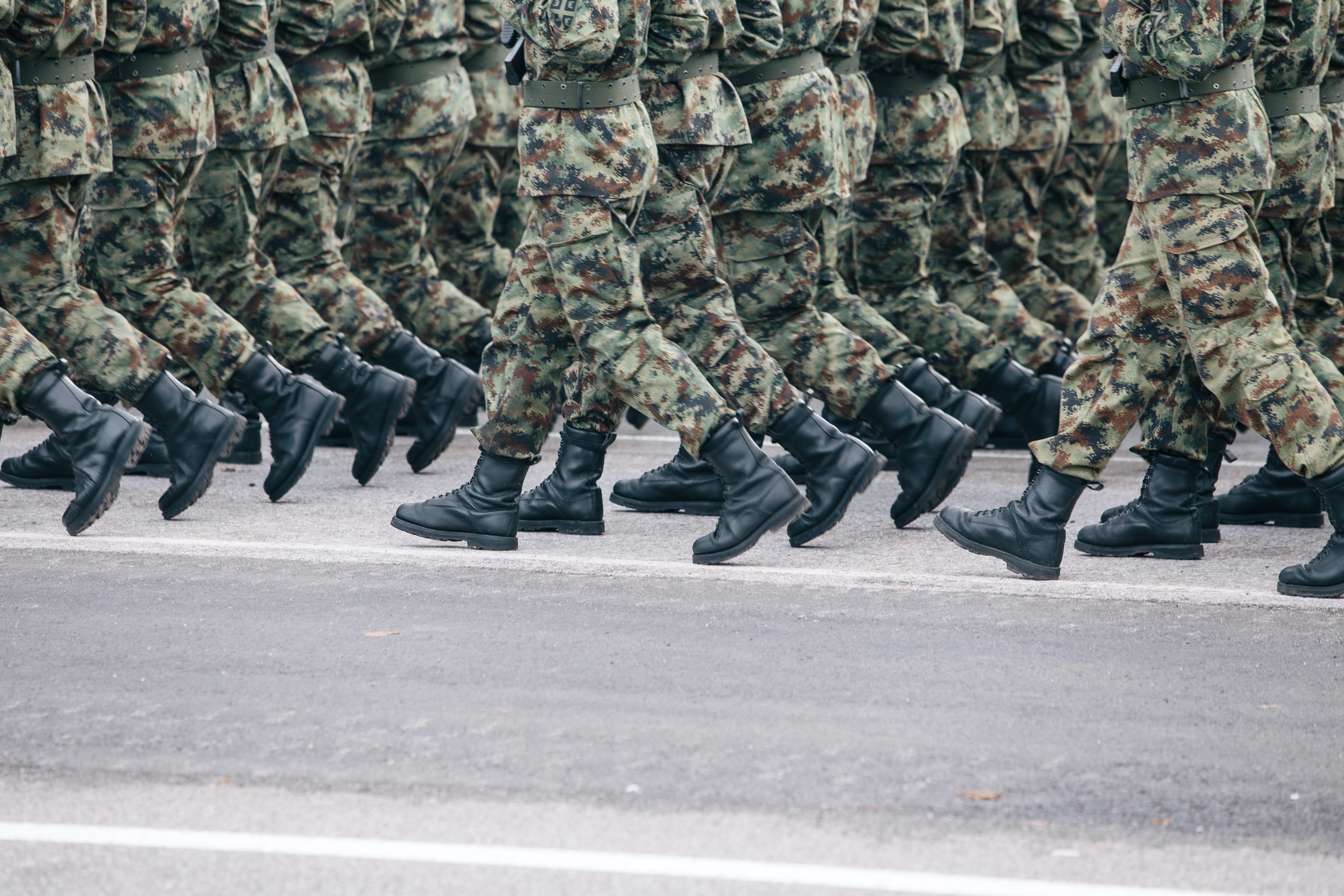
403
Sorry!!
Error! We're sorry, but the page you were looking for doesn't exist.
Israeli forces continue to advance in southern Lebanon
(MENAFN) As Israeli forces continue to advance in southern Lebanon, Hezbollah has submitted its feedback on the US draft ceasefire proposal to Lebanese Parliament Speaker Nabih Berri, according to government sources. The submission coincides with a delay in the planned visit of US envoy Amos Hochstein to Beirut. Hochstein, initially scheduled to arrive today, informed Berri last evening that his trip would be postponed until Lebanon clarifies its position on the settlement proposal.
US officials, speaking to *Axios*, indicated that "the ball is in Lebanon's court" and that Lebanon's response was needed before Hochstein travels to Beirut. A Lebanese source revealed that Lebanon has concerns about an aspect of the US draft related to Israel’s right to self-defense, which it considers vague and requiring revision to align with UN Resolution 1701.
Lebanon has made it clear it will not accept any changes to the resolution, and Hezbollah has been open about its opposition to certain elements of the ceasefire draft. The Lebanese government is seeking to ensure that any agreement reflects the terms of Resolution 1701 and has expressed support for strengthening the role of the Tripartite Commission, provided it follows Israeli withdrawal and the deployment of the Lebanese army in southern Lebanon.
The Lebanese government confirmed that the points raised in the US draft will be addressed with Hochstein when he arrives in Beirut. Following his meetings in Lebanon, Hochstein is expected to visit Israel, although his trip there is likely to be delayed due to the postponement of his Beirut visit.
In the meantime, *Kan* Hebrew Channel has disclosed key provisions of the US settlement proposal, including the deployment of 5,000 Lebanese soldiers in the southern region, an Israeli pledge not to attack Lebanon, and the redrawing of borders between the two countries. The draft also stresses compliance with UN Resolution 1701, the presence of the Lebanese army and UNIFIL in southern Lebanon, and a ban on rearmament by non-state actors. Additionally, it calls for the supervision of arms sales and production by the Lebanese government, as well as the dismantling of unauthorized weapons infrastructure.
The proposal further stipulates that Israel should withdraw from southern Lebanon within seven days, with the Lebanese army replacing Israeli forces under international supervision. Armed groups south of the Litani River would also be disarmed within 60 days of signing the agreement.
The ongoing conflict has resulted in significant casualties, with Lebanese officials reporting 3,445 martyrs, 14,599 wounded (including many women and children), and nearly 1.4 million displaced people. On the ground, Hezbollah has targeted Israeli forces with rocket barrages south of the town of Khiam, and Hebrew media reported damage from a rocket strike in Kiryat Shmona.
US officials, speaking to *Axios*, indicated that "the ball is in Lebanon's court" and that Lebanon's response was needed before Hochstein travels to Beirut. A Lebanese source revealed that Lebanon has concerns about an aspect of the US draft related to Israel’s right to self-defense, which it considers vague and requiring revision to align with UN Resolution 1701.
Lebanon has made it clear it will not accept any changes to the resolution, and Hezbollah has been open about its opposition to certain elements of the ceasefire draft. The Lebanese government is seeking to ensure that any agreement reflects the terms of Resolution 1701 and has expressed support for strengthening the role of the Tripartite Commission, provided it follows Israeli withdrawal and the deployment of the Lebanese army in southern Lebanon.
The Lebanese government confirmed that the points raised in the US draft will be addressed with Hochstein when he arrives in Beirut. Following his meetings in Lebanon, Hochstein is expected to visit Israel, although his trip there is likely to be delayed due to the postponement of his Beirut visit.
In the meantime, *Kan* Hebrew Channel has disclosed key provisions of the US settlement proposal, including the deployment of 5,000 Lebanese soldiers in the southern region, an Israeli pledge not to attack Lebanon, and the redrawing of borders between the two countries. The draft also stresses compliance with UN Resolution 1701, the presence of the Lebanese army and UNIFIL in southern Lebanon, and a ban on rearmament by non-state actors. Additionally, it calls for the supervision of arms sales and production by the Lebanese government, as well as the dismantling of unauthorized weapons infrastructure.
The proposal further stipulates that Israel should withdraw from southern Lebanon within seven days, with the Lebanese army replacing Israeli forces under international supervision. Armed groups south of the Litani River would also be disarmed within 60 days of signing the agreement.
The ongoing conflict has resulted in significant casualties, with Lebanese officials reporting 3,445 martyrs, 14,599 wounded (including many women and children), and nearly 1.4 million displaced people. On the ground, Hezbollah has targeted Israeli forces with rocket barrages south of the town of Khiam, and Hebrew media reported damage from a rocket strike in Kiryat Shmona.

Legal Disclaimer:
MENAFN provides the
information “as is” without warranty of any kind. We do not accept
any responsibility or liability for the accuracy, content, images,
videos, licenses, completeness, legality, or reliability of the information
contained in this article. If you have any complaints or copyright
issues related to this article, kindly contact the provider above.

















Comments
No comment